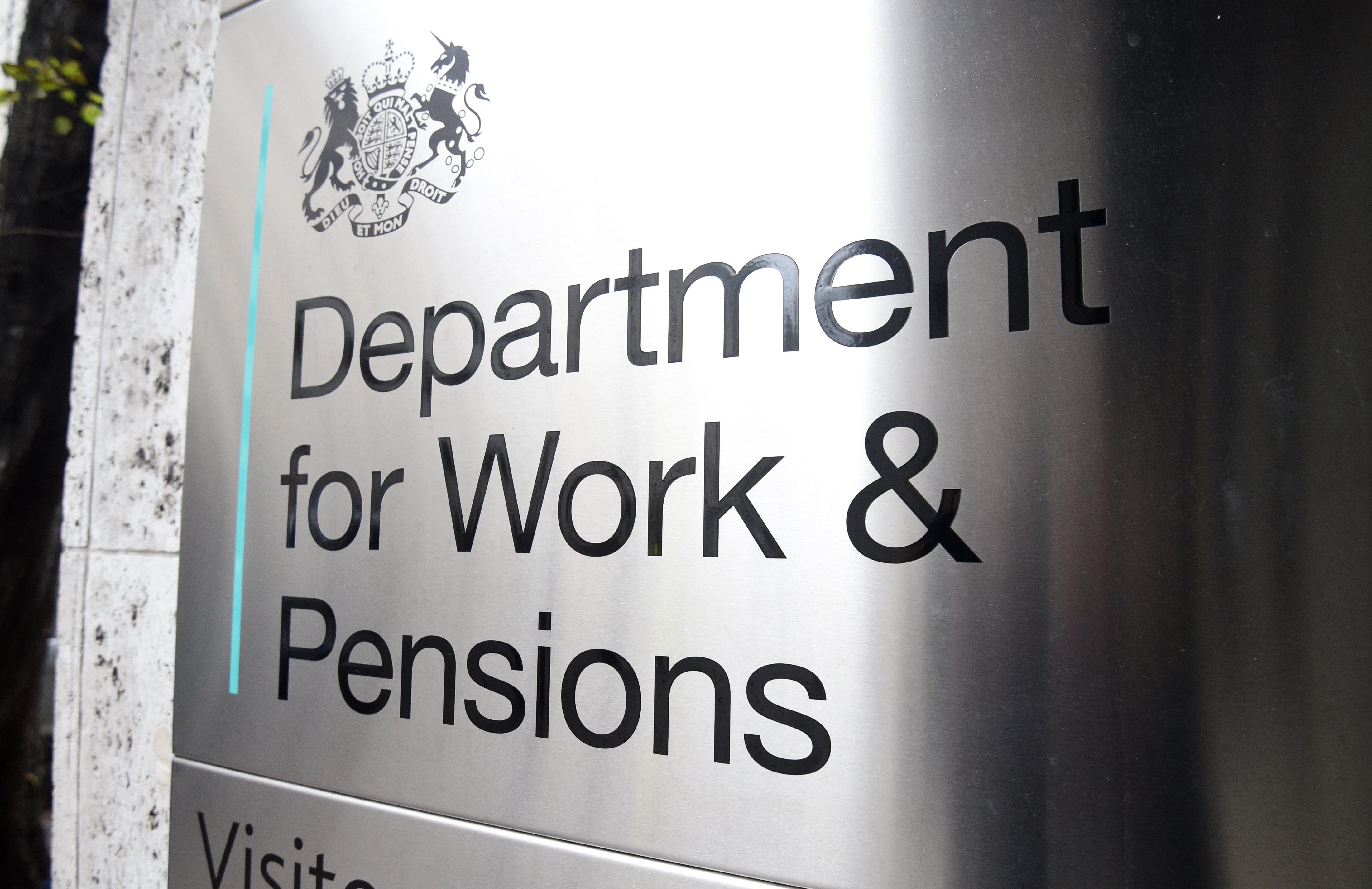Pressure ramps up on Labour to ditch ‘cruel’ two-child benefit cap as 1.6 million children impacted
Some 592,000 children were affected by the policy in 2019, and the figure has increased by 100,000 in the past year
Your support helps us to tell the story
From reproductive rights to climate change to Big Tech, The Independent is on the ground when the story is developing. Whether it's investigating the financials of Elon Musk's pro-Trump PAC or producing our latest documentary, 'The A Word', which shines a light on the American women fighting for reproductive rights, we know how important it is to parse out the facts from the messaging.
At such a critical moment in US history, we need reporters on the ground. Your donation allows us to keep sending journalists to speak to both sides of the story.
The Independent is trusted by Americans across the entire political spectrum. And unlike many other quality news outlets, we choose not to lock Americans out of our reporting and analysis with paywalls. We believe quality journalism should be available to everyone, paid for by those who can afford it.
Your support makes all the difference.Around 1.6 million children are missing out on thousands of pounds a year due to the two-child benefit cap, piling pressure on the Labour government to scrap the policy.
The damning new figures from the Department for Work and Pensions (DWP) show that 1.3 million children are living in a universal credit household and 270,000 living in a child tax credit household.
Campaigners have branded the policy, which was introduced by the Conservative government seven years ago, as “cruel” and one which is neither “moral nor necessary”.
In response to the latest figures, work and pensions secretary Liz Kendall described child poverty as a “stain on our society” and that “too many children are growing up in poverty”
She said: “We will work to give every child the best start in life by delivering our manifesto commitment to implement an ambitious strategy to reduce child poverty.

“I will hold critical meetings with charities and experts next week to get this urgent work under way.”
Ms Kendall’s comments come despite Labour refusing to make a manifesto commitment to scrapping the cap. Sir Keir Starmer said it was a “tough decision” not to promise to scrap it, but that he would not make “unfunded promises”.
However the Labour leader faces increasing discomfort from within his own party over keeping the austerity-era policy and faces a potential Commons rebellion over the issue.
On Wednesday Scottish Labour leader Anas Sarwar became the latest senior Labour figure to urge Sir Keir to ditch the cap, which he described as “wrong” and that “needs to be reversed”.
He was joined by former shadow chancellor John McDonnell said it was “inevitable” the government would concede on the issue and that the “bulk” of Labour MPs back scrapping the policy.
He told the Daily Mirror he would table an amendment to the King’s Speech if Sir Keir didn’t change tact.

Labour grandee Gordon Brown is another who has spoken out against the policy as well as figures from across the political spectrum, including Nigel Farage and Suella Braverman.
Speaking to BBC Radio 4’s Today programme prior to the election, Mr Brown said the two-child benefit cap which Labour is committed to is “condemning children to poverty”.
Mr Brown said: “The tragedy is we are now writing the future history of our country by neglecting children who we have condemned to poverty and not being able to have a decent start in life who are going to fail in the future.”
The Independent has also called for Labour to scrap the policy as the impact of it has been to “impoverish children who are not responsible for having been brought into the world.”
The cap was introduced by George Osborne in 2017 with the effect that child tax credits and Universal Credit are paid only in respect of the first two children in most households.
The Resolution Foundation has said that abolishing the two-child limit would cost the government somewhere between £2.5bn and £3.6bn in 2024-25, but that such costs are “low compared to the harm that the policy causes”.
In its briefing in January, it said scrapping the two-child limit “would be one of the most efficient ways to drive down child poverty rates”, estimating that if abolished at that point, 490,000 children would have been lifted out of poverty.
After the latest figures, it said almost two in five large families in the UK are now affected, and things will get worse if it remains in place.
Lalitha Try, an economist at the foundation, said there is little evidence the policy has achieved its aims of boosting employment and reducing the number of children families have, but that there is “clear evidence of the financial losses that affected families are facing, and rising rates of poverty”.
Action for Children said the figures “confirm the relentless expansion of this cruel policy, which creates and entrenches child poverty”, while Save the Children described the statistics as “an outrage” showing how “more and more children will suffer every year just because they have siblings”.
Barnardo’s said it understands the government “is having to make tough financial decisions”, but families “need action urgently, starting with a change to this unfair policy”.
The Archbishop of Canterbury, Justin Welby, previously described the policy as “cruel” and one which is “neither moral nor necessary”.
The figures come as the Child Poverty Action Group (CPAG) said its survey of 560 families hit by the policy reveals “the deep suffering and deprivation it’s causing”.
Almost all of them (93 per cent) said the policy had affected their ability to pay for food, while 82 per cent said it meant they struggled to cover gas or electricity bills.
Almost half (45 per cent) of respondents said they struggled to pay their rent or mortgage because of the policy while (46 per cent) told of struggles to manage childcare costs.
The CPAG research heard from a working mother who said: “My number one reason for doing anything is my children, yet when I watch them queuing in a foodbank with me because I physically can’t provide for them, I feel horrific, it makes you feel like an absolute failure.”

Join our commenting forum
Join thought-provoking conversations, follow other Independent readers and see their replies
Comments